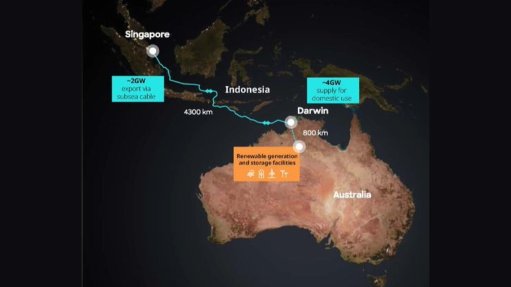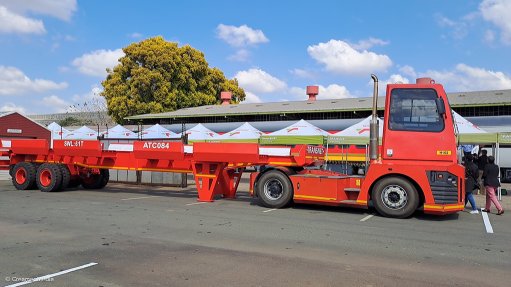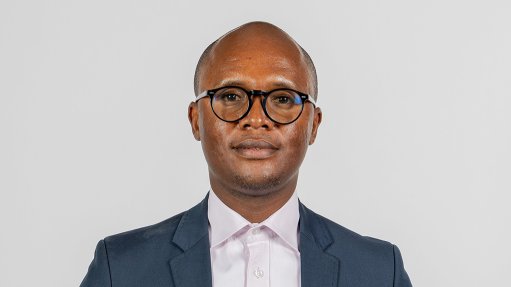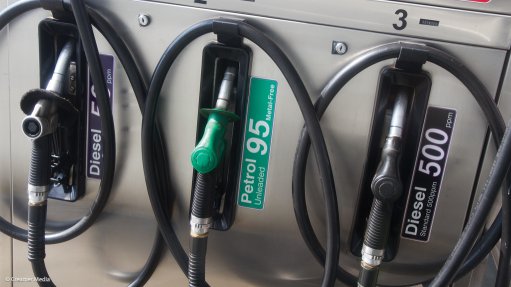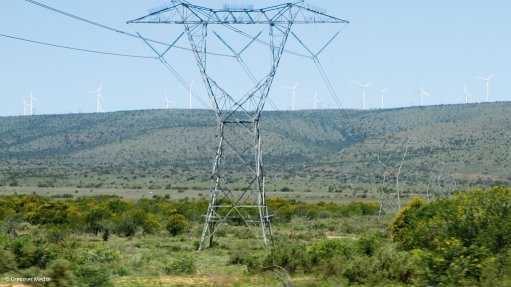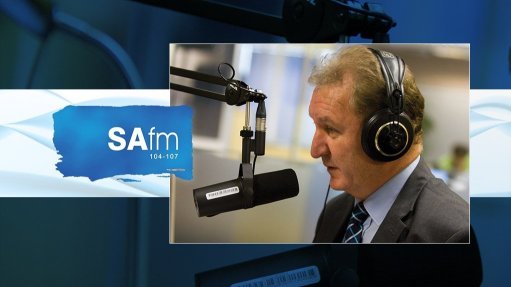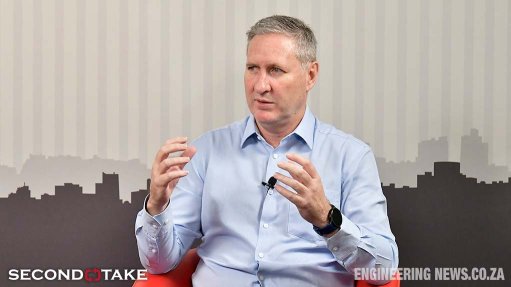Degrees Alone Won’t Save South Africa’s Economy — Skills Will
This article has been supplied and will be available for a limited time only on this website.
By: Yershen Pillay, CEO of CHIETA
South Africa is losing the global skills race — and unless we act urgently, the economic damage will be irreversible.
Youth unemployment dominates our headlines, but the real crisis is deeper: a mismatch between the skills our economy needs and the qualifications we continue to produce.
In a world racing toward digitalisation, green energy transitions, and AI-driven industries, we risk being left behind — not from a lack of ambition, but a lack of readiness.
The hard truth is this: degrees alone won’t save South Africa’s economy.
Skills will.
Building an inclusive, competitive economy demands a shift from rhetoric to action. We must invest urgently in skills development — including learnerships, artisanship, technical trades, and innovation capabilities — that anchor vital industries from energy and chemicals to manufacturing and digital systems. Skills development must move from being a policy aspiration to becoming our national priority.
The chemical sector — a R400 billion contributor to GDP — demonstrates this need vividly.
Its future, like many others, relies not just on graduates but on a new generation of artisans, technologists, and sustainability-driven innovators.
At CHIETA, we have proven that skills development works.
Our model — grounded in 100% performance against targets, three consecutive years of clean audits, and national recognition for innovation — shows what can be achieved when skills development is treated with urgency and discipline.
But numbers alone are not the point.
What sets CHIETA apart is bringing opportunity directly to communities.
Through Smart Skills Centres and decentralised trade test sites, we are reducing costs, barriers, and systemic exclusion for young people in townships and rural areas.
Skills access must not depend on geography or wealth.
At the same time, we are preparing South Africa’s youth for the industries of tomorrow.
Our focus areas — AI-readiness, green hydrogen technologies, sustainable manufacturing, and ESG-driven innovation — align directly with where global economic power is shifting.
At the heart of this model are five strategic pillars:
Innovation, Digitisation, Collaboration, Transformation, and Artificial Intelligence.
We believe that artisans are the architects of a modern, inclusive economy.
It is artisans, not just coders or consultants, who will build the infrastructure for green energy, manufacture next-generation materials, and drive sustainable development.
The challenge is not whether skills development is possible.
It is whether we can scale it fast enough to meet the moment.
South Africa faces a choice:
- Build a future-facing, artisan-powered economy; or
- Continue to fall behind, watching opportunities drift elsewhere.
This is why CHIETA calls for urgent public-private collaboration, greater investment in skills ecosystems, and a cultural shift that restores the dignity and value of artisanship and technical innovation.
We must move beyond outdated hierarchies that favour academic credentials over real-world, work-integrated skills. We must reimagine education to serve a changing economy — embracing both degrees and practical experience as complementary, not competing, contributors to economic growth.
If we fail to act, we risk entrenching unemployment and losing our place in the future economy.
If we act boldly — embracing artisanship, innovation, and future skills — South Africa can lead not just in rhetoric, but in real global competitiveness.
The future belongs to those who build it.
The time to build is now.
Comments
Press Office
Announcements
What's On
Subscribe to improve your user experience...
Option 1 (equivalent of R125 a month):
Receive a weekly copy of Creamer Media's Engineering News & Mining Weekly magazine
(print copy for those in South Africa and e-magazine for those outside of South Africa)
Receive daily email newsletters
Access to full search results
Access archive of magazine back copies
Access to Projects in Progress
Access to ONE Research Report of your choice in PDF format
Option 2 (equivalent of R375 a month):
All benefits from Option 1
PLUS
Access to Creamer Media's Research Channel Africa for ALL Research Reports, in PDF format, on various industrial and mining sectors
including Electricity; Water; Energy Transition; Hydrogen; Roads, Rail and Ports; Coal; Gold; Platinum; Battery Metals; etc.
Already a subscriber?
Forgotten your password?
Receive weekly copy of Creamer Media's Engineering News & Mining Weekly magazine (print copy for those in South Africa and e-magazine for those outside of South Africa)
➕
Recieve daily email newsletters
➕
Access to full search results
➕
Access archive of magazine back copies
➕
Access to Projects in Progress
➕
Access to ONE Research Report of your choice in PDF format
RESEARCH CHANNEL AFRICA
R4500 (equivalent of R375 a month)
SUBSCRIBEAll benefits from Option 1
➕
Access to Creamer Media's Research Channel Africa for ALL Research Reports on various industrial and mining sectors, in PDF format, including on:
Electricity
➕
Water
➕
Energy Transition
➕
Hydrogen
➕
Roads, Rail and Ports
➕
Coal
➕
Gold
➕
Platinum
➕
Battery Metals
➕
etc.
Receive all benefits from Option 1 or Option 2 delivered to numerous people at your company
➕
Multiple User names and Passwords for simultaneous log-ins
➕
Intranet integration access to all in your organisation






